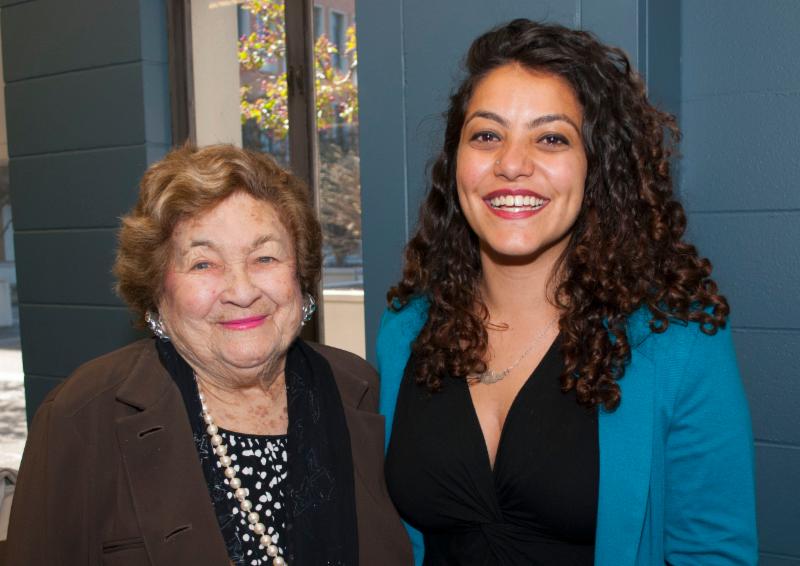Moritz has been recently awarded the 2017-2018 Bernard and Fern Badzin Fellowship in Genocide and Holocaust Studies! Congratulations, Moritz!
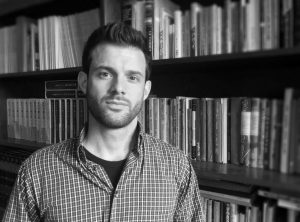 Moritz was born and raised in Berlin, Germany and moved to Minneapolis in 2013 to pursue his graduate studies. He received his M.A in Germanic Studies from the University of Minnesota in 2015. Before moving to the United States, Moritz had a vocational career in theater, stage lighting, and intercultural communication. He studied Cultural Studies (cultural history major, linguistics minor) at the European University Viadrina Frankfurt (Oder), where he received his B.A. in 2012. Moritz’s teaching and research interests are modern European literary and intellectual history, German-Jewish history and modern Ottoman/Turkish history. Moritz is interested in the representation of the Holocaust and experience of exile in literature and the arts and focuses on the encounters of Holocaust representation with other forms of twentieth-century violence, specifically for the case of Turkey and the Middle East.
Moritz was born and raised in Berlin, Germany and moved to Minneapolis in 2013 to pursue his graduate studies. He received his M.A in Germanic Studies from the University of Minnesota in 2015. Before moving to the United States, Moritz had a vocational career in theater, stage lighting, and intercultural communication. He studied Cultural Studies (cultural history major, linguistics minor) at the European University Viadrina Frankfurt (Oder), where he received his B.A. in 2012. Moritz’s teaching and research interests are modern European literary and intellectual history, German-Jewish history and modern Ottoman/Turkish history. Moritz is interested in the representation of the Holocaust and experience of exile in literature and the arts and focuses on the encounters of Holocaust representation with other forms of twentieth-century violence, specifically for the case of Turkey and the Middle East.
Moritz is currently working on his dissertation project on the history of German and German-Jewish exile in Turkey during the 1930/40s. Focusing on the case of the literary critic Erich Auerbach (1892-1957), who wrote his most influential works on European literature while in Turkish exile and later in the U.S., Moritz examines the relationship of German-Jewish émigré culture to Turkish intellectual history. During the 2017/18 academic year, Moritz will conduct research abroad and begin writing his dissertation (prospective defense: Spring 2019).

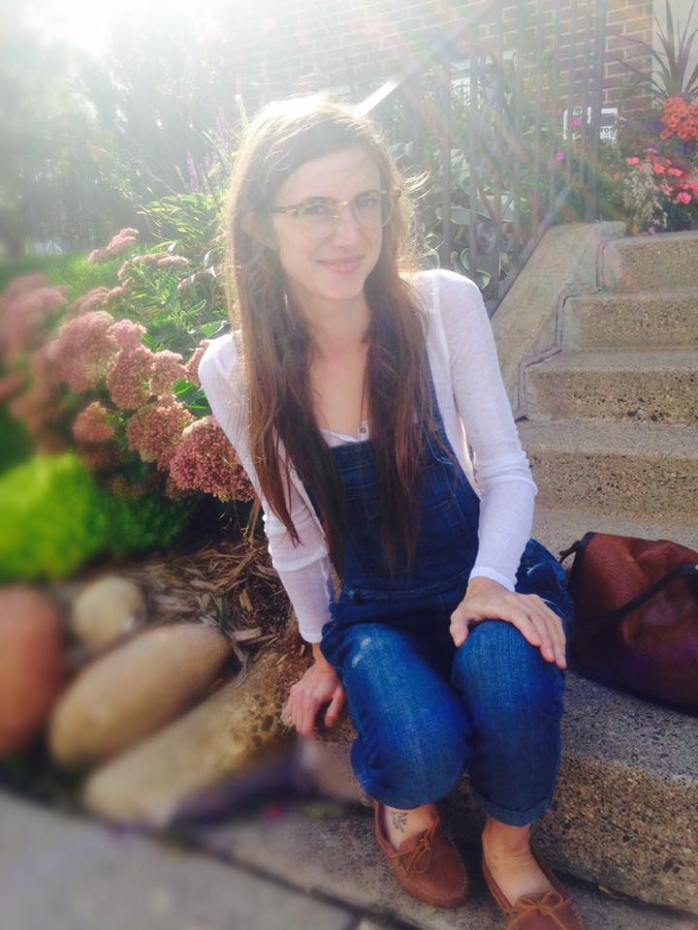 ty in Northern Ireland, she served in AmeriCorps as a Promise Fellow, taught sociology at a community college in Oregon, and was the Family Liaison at an Ojibwe culture and language school last year. With broad interests in mass violence, collective memory, and settler colonialism, she returned to Minneapolis to pursue her Ph.D. in Sociology at the University of Minnesota.
ty in Northern Ireland, she served in AmeriCorps as a Promise Fellow, taught sociology at a community college in Oregon, and was the Family Liaison at an Ojibwe culture and language school last year. With broad interests in mass violence, collective memory, and settler colonialism, she returned to Minneapolis to pursue her Ph.D. in Sociology at the University of Minnesota. 2010, she was appointed as the Director of the International Assistance Unit, until she decided to move to Minnesota in 2013 to pursue her Ph.D. in History major and Human Rights minor. Paula was the 2014-2015
2010, she was appointed as the Director of the International Assistance Unit, until she decided to move to Minnesota in 2013 to pursue her Ph.D. in History major and Human Rights minor. Paula was the 2014-2015 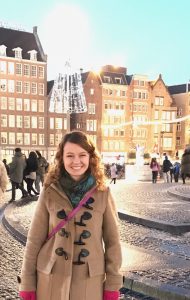

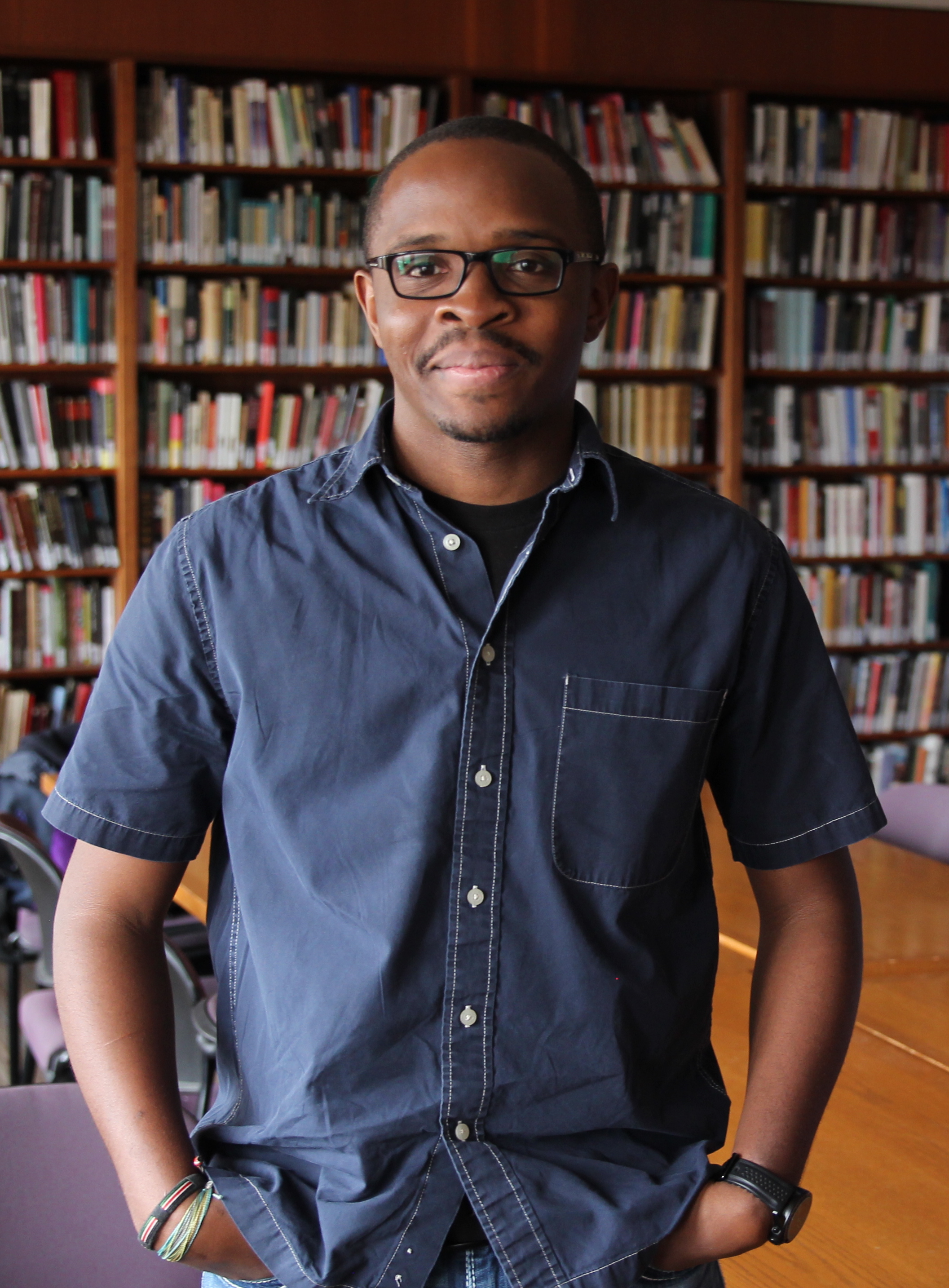 J. Siguru Wahutu was born and raised in Kenya and moved to Minneapolis to pursue his undergraduate education. He graduated from the University of Minnesota with a BA in Sociology and Global Studies and a minor in Cultural Studies. He stayed in Minnesota to obtain his PhD in Sociology with a thematic focus on genocide, media and collective memory and a regional focus on Africa. Wahutu is broadly interested in how news organizations and journalists in Africa produce knowledge about genocide and mass atrocity in neighboring African countries. He was the 2013-2014 and the 2015
J. Siguru Wahutu was born and raised in Kenya and moved to Minneapolis to pursue his undergraduate education. He graduated from the University of Minnesota with a BA in Sociology and Global Studies and a minor in Cultural Studies. He stayed in Minnesota to obtain his PhD in Sociology with a thematic focus on genocide, media and collective memory and a regional focus on Africa. Wahutu is broadly interested in how news organizations and journalists in Africa produce knowledge about genocide and mass atrocity in neighboring African countries. He was the 2013-2014 and the 2015 